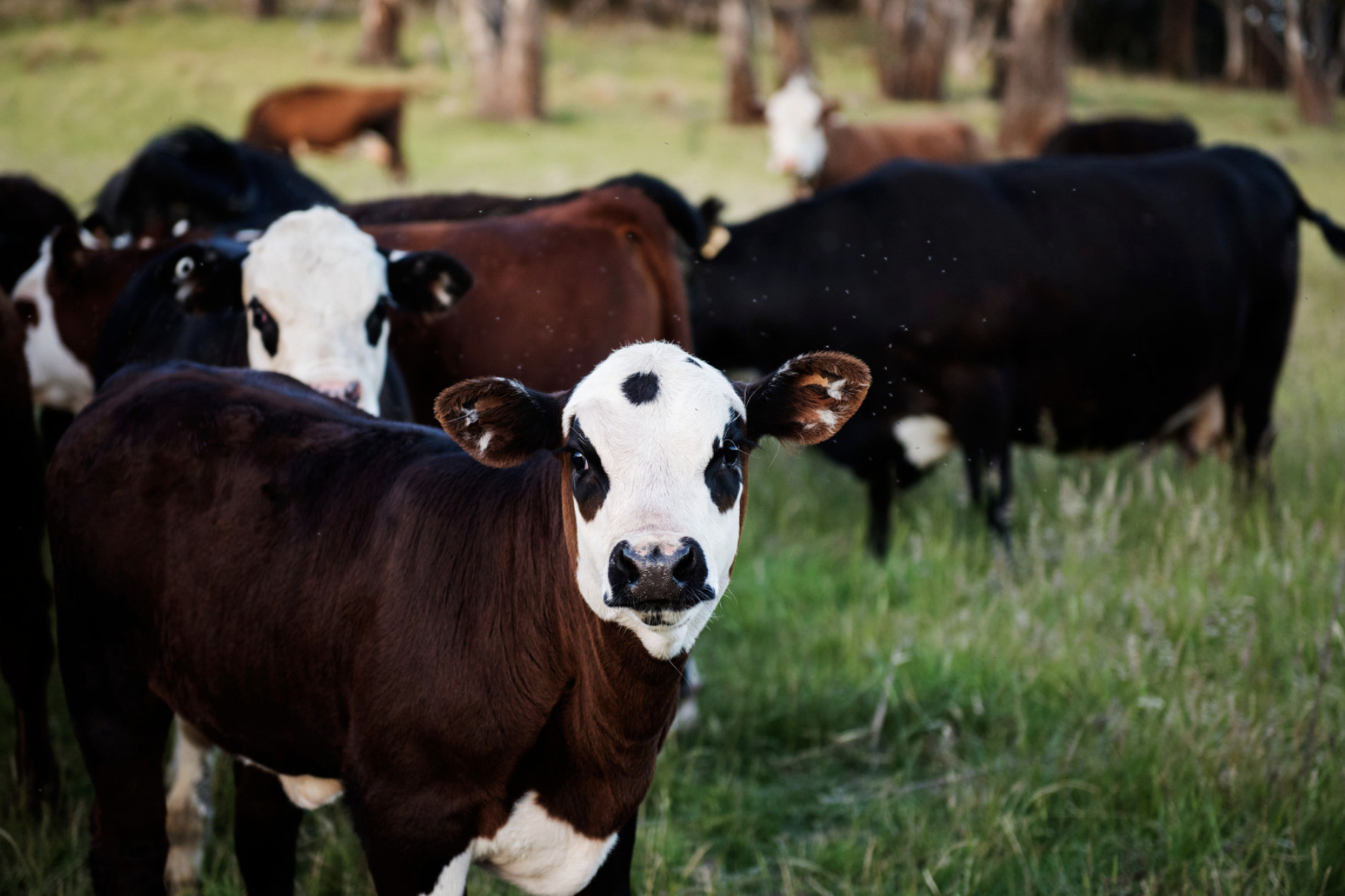
How the CAP Supports Greek Livestock Farming
Livestock farming has traditionally been one of the cornerstones of Greek agriculture. Like other sectors, however, it faces a range of new challenges, including climate change, the prevention and control of animal diseases and the need for technological and structural upgrades.
To address these challenges, the Common Agricultural Policy (CAP) and Greece’s National CAP Strategic Plan have introduced various support measures to make livestock farms more economically viable and environmentally sustainable, ensure high standards of animal health and welfare, while promoting safe, high-quality production.
Income Support for Farmers
One of the most immediate ways the CAP supports livestock farmers is through financial assistance. They can receive basic income support (through the Basic Payment Scheme) based on the aid entitlements they hold for their pastureland. In addition, small and medium-sized farms can benefit from additional redistributive payments—averaging €177 per hectare of pasture—to help reduce inequalities between smaller and larger operations. To encourage the next generation of farmers, the CAP provides young farmers with an extra €70 per hectare to support them in their first steps in agriculture.
Further financial support is available through coupled payments for traditional or sensitive livestock sectors, aiming to bolster local economies, employment, and the production of strategically important goods for food security and self-sufficiency, including sheep, goats, and cattle.
Environment and Animal Welfare
Beyond direct financial support, the CAP is encouraging more sustainable and responsible farming methods. Europe, and Greece in particular, maintain some of the strictest environmental and animal welfare standards in the world for livestock production.
Farmers transitioning to organic practices or seeking to improve animal welfare can receive additional financial support. This includes investments in farm biosecurity, such as fencing, monitoring equipment, and the supply of veterinary medicines, vaccines, and other products to prevent and control livestock diseases. These investments can be subsidized up to 80% of their total cost, enhancing both animal health and product quality. Farmers raising endangered native breeds—such as those from Skyros, Lesvos, or the Karagouniko breed—can also receive compensation for lost income, up to €449 per small ruminant and €394 per bovine.
Investments, Modernisation, and Training
Finally, to future-proof the sector, the CAP also supports farmers in modernising their operations, offering subsidies of up to 70% of investment costs. This funding can cover everything from precision farming technologies to initiatives that boost energy self-sufficiency. Recognizing that knowledge is just as important as financial support, the CAP also provides ongoing training and advisory services to enhance skills, innovation, and sustainability. By encouraging collaboration through producer groups and organizations, the CAP ensures that Greek livestock farming is not only a centuries-old tradition but also a modern, resilient, and profitable industry—ready to sustain the next generation of farmers.
You can find detailed information on how the CAP supports livestock farming in Greece at this link.





